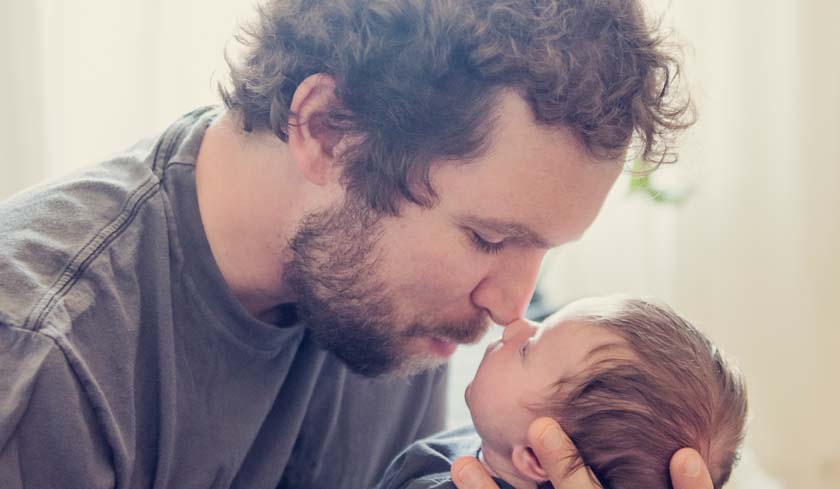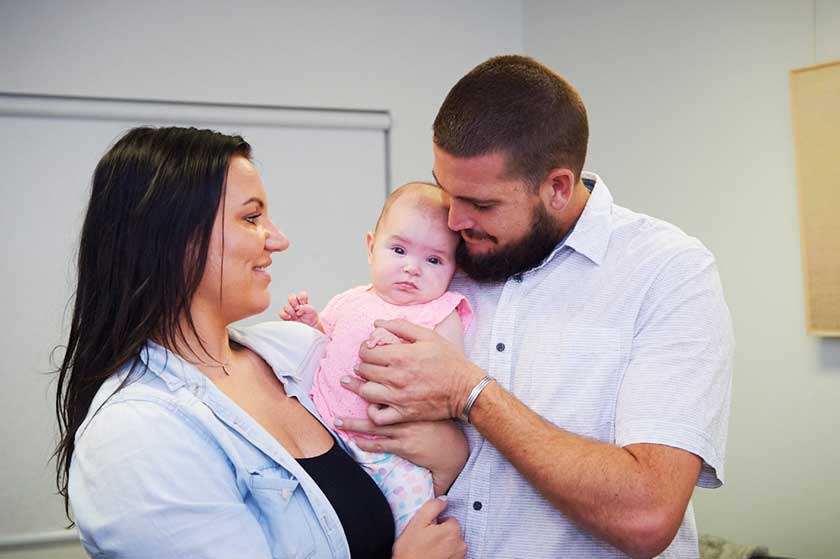Being aware of the signs and symptoms of changes to your emotional health can be the best tools you have to ensure you and your partner seek the right help when needed.
Psychiatrist Dr Harish Kalra says people express common conditions such as perinatal anxiety or depression differently, but there are some commonalities.
“You know yourself better than anyone, so if you do notice any of these symptoms, make sure you speak to a professional such as your GP as soon as possible,” he says.
“They can refer you to the most appropriate health care professional or organisation to get you the help you need so you can continue to enjoy parenthood.”
Signs and symptoms
- Worry or fear that interrupts daily tasks
- Feeling overwhelmed
- Consistent low mood, feeling number or negative
- Constant tiredness or exhaustion
- Ongoing headache or high physical stress levels
- Loss of interest in activities that normally would be enjoyable
- Changes in appetite
- Sleep problems (not related to the baby)
- Ongoing irritability, anger or moodiness
- Emotional withdrawal from your partner, baby, family, friends
- Fear of caring for the baby
- Not wanting to communicate with your partner, family and friends
- Feeling isolated
- Use alcohol or drugs to cope
- Thoughts of harm to self or baby
“Both men and women can experience perinatal depression or anxiety so it is important to not only be aware of these signs in yourself, but also any changes to your partner,” Dr Kalra says.
“Don’t ignore the symptoms, if left untreated the problem can get worse. In general, if the symptoms last for two weeks or more, seek help.”
Did you know?
Many people consider depression as a form of extreme sadness, characterised by a low mood or constant crying. In fact, anxiety or depression can lead to agitation, outbursts of anger and feelings of shame or guilt.







